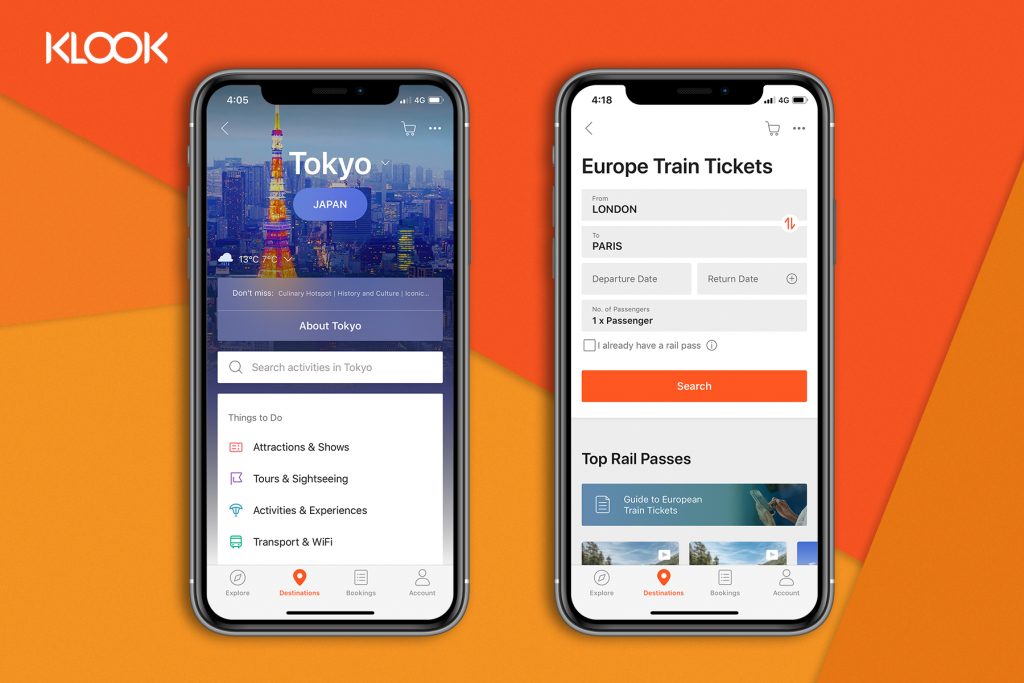What 5 Years of Klook Says About the Strength of Its Asia Playbook

Skift Take
Since Klook's launch five years ago, big changes have occurred in the sector. TripAdvisor bought Viator, TUI-Musement, and Booking-FareHarbor, and most recently, Airbnb invested in Atlas Obscura. All this, plus competition from online travel agencies, will test Klook's playbook, even though its strategies seem sound for now.
Tours and activities seller Klook expects another strong performance in 2019, its fifth anniversary year, despite troubles in north Asia impacting the business.
The Hong Kong-based company is projecting more than 60 million bookings this year and is striving for another triple digit year of growth of gross revenue, just like it recorded in 2018, co-founder Eric Gnock Fah told Skift.
Revenue last year amounted to $1 billion, Klook claims, but declined to reveal the number of bookings, which would give an idea of its average booking value.
A projection of 60 million bookings is high when compared to the bookings of rival GetYourGuide, which, like Klook, recently received funding led by SoftBank Vision Fund. The Berlin-based company told Skift it sold 10 million tours, activities and attraction tickets in the nine months between June 2018 and March 2019.
But what counts is not how much Klook is selling but what it is selling and the unit economics, according to tours and activities expert Douglas Quinby.
“If you look at Klook’s listings for top destinations across Asia, some of the top-selling products [WiFi and SIM card packs, transfers and transport tickets, and some sightseeing tickets] are very low-cost products, many selling for less than $10 or even $5,” said the founder and CEO of Arival. “They have also been very aggressive in selling other higher-priced tours and tickets at aggressive discounts. Some operators report seeing pricing on Klook near wholesale rate levels.”
“Klook appears to be pursuing a growth strategy smartly tailored to the Asian market. They have focused on products th
